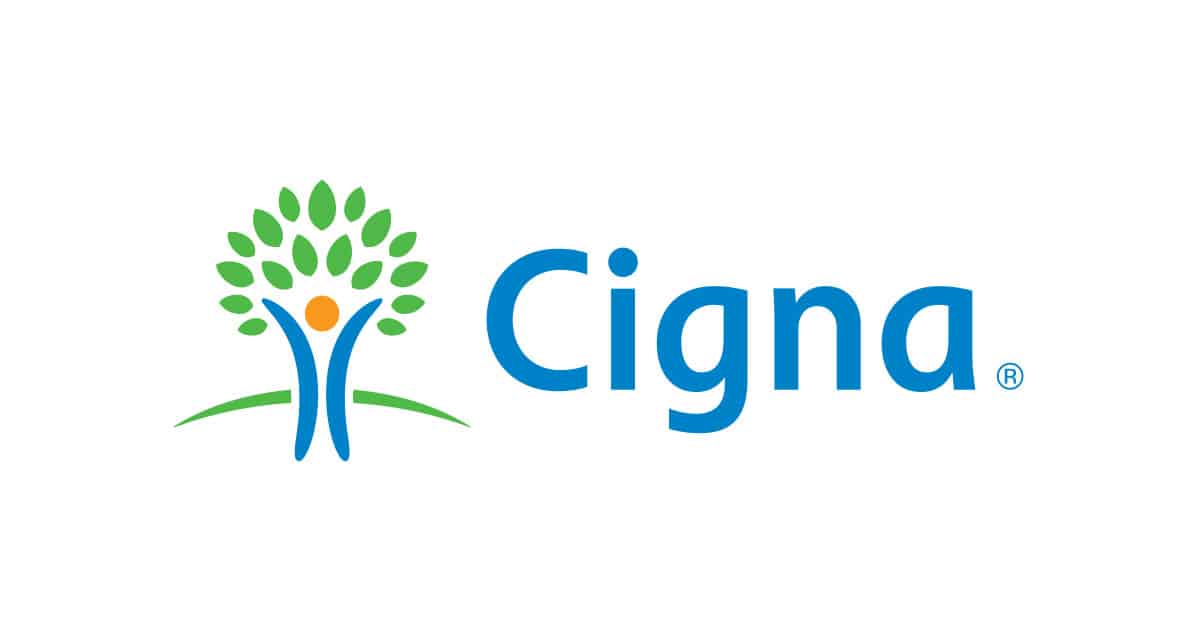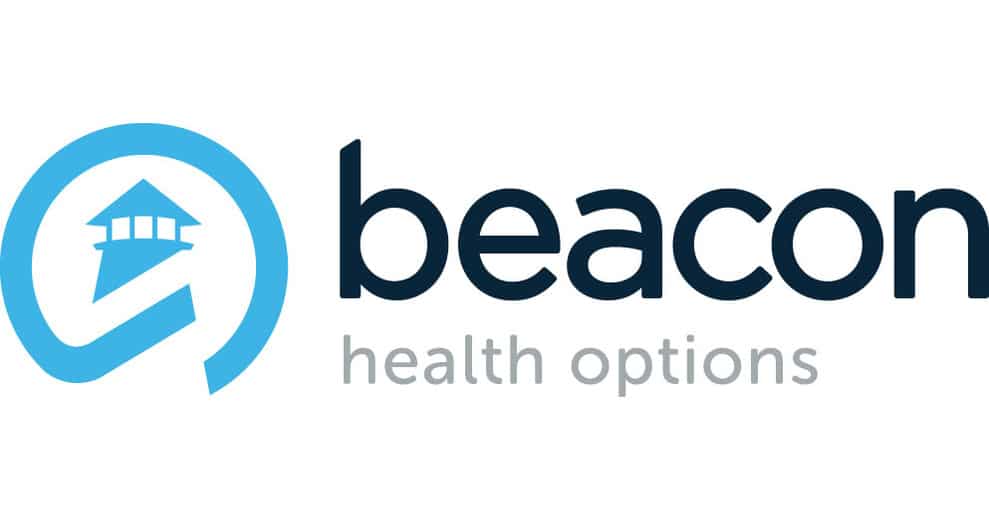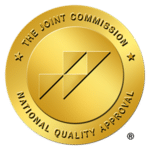Table of Contents
Opiates, originating from the opium poppy, are natural compounds, while opioids are either synthetic or semi-synthetic chemicals that mimic opiate effects. Morphine, a classic opiate, is commonly prescribed for moderate to severe pain management, including chronic pain, cancer-related discomfort, post-surgical pain, and end-of-life care.
Despite its widespread medical use due to its effective pain-relieving properties, morphine’s capacity to induce euphoria makes it susceptible to misuse and addiction. Tolerance to morphine can develop quickly, leading individuals down the path of abuse and dependency.
What is Morphine?
Morphine, an opiate and potent narcotic analgesic, acts on the central nervous system (CNS) to alleviate pain. This medication is dispensed strictly by prescription and is available in both generic and brand names, including:
- MS-Contin
- Oramorph SR
- Roxanol
- RMS
- Kadian
Originally, morphine was primarily given via injections. However, its availability has expanded to include:
- Oral solutions
- Extended-release tablets
- Extended-release capsules
- Immediate-release tablets
The extended-release forms are designated for managing severe pain requiring constant, long-term opioid treatment when other pain relievers have been ineffective or not well-tolerated.
Given its strong analgesic effect, the question of whether morphine is addictive is pertinent. Due to its euphoria-inducing properties and the body’s quick development of tolerance, morphine indeed has a high potential for addiction if misused or overused.
How Does Morphine Work?
Morphine operates by depressing the central nervous system, diminishing or entirely halting pain signals from reaching the brain. It simultaneously boosts the production of dopamine, which is responsible for the euphoria and effective pain relief it provides. However, morphine, like other controlled substances, has its downsides, especially when used over an extended period.
Common side effects of morphine include:
- Anxiety and agitation
- Confusion or “brain fog”
- Digestive issues, including constipation
- Sleep disturbances
- Drowsiness
- Dry mouth and eyes
- Lack of motivation and depression
- Dizziness
- Altered pain perception, potentially leading to further injury
- Fatigue
- Hallucinations
- Memory issues
- Mood fluctuations
- Nausea and vomiting
- Decreased appetite
- Impaired judgment and motor skills
- Respiratory depression
- Seizures
- Speech difficulties
Long-term use of morphine, beyond 7 to 14 days, raises risks such as:
- Tolerance, necessitating higher doses for the same pain relief.
- Dependence, with withdrawal symptoms appearing if a dose is missed or usage is ceased.
- The potential for addiction, a severe and chronic brain condition caused by repeated drug exposure.
Evidence suggests morphine’s effectiveness in managing chronic pain conditions diminishes after three months of continuous use, underlining the importance of careful, monitored treatment plans for pain management.

Can You Get Addicted to Morphine?
Long-term use of morphine can lead to addiction, characterized by both physical and psychological dependence. As a Schedule II controlled substance, morphine’s potential for addiction is significant.
Physical dependence develops from prolonged use, especially in individuals taking morphine for chronic pain management. This condition is marked by the body’s need for morphine to avoid withdrawal symptoms and function normally. Psychological dependence, characterized by cravings and compulsive use, may not necessarily develop in patients using morphine strictly for pain relief and under medical supervision.
Physical dependence includes the body’s adaptation to the drug, necessitating its presence for normal function and to stave off withdrawal symptoms. Patients using morphine for pain relief can manage these risks by gradually reducing the dose under a doctor’s guidance.
Opioid use disorder, or morphine addiction, often results from long-term misuse, where individuals cannot curb or control their drug intake. This delineates the critical distinction between dependence arising from medical use and addiction stemming from misuse.
Signs and Symptoms of Morphine Abuse in Someone Else
If you’re concerned that someone close to you might be misusing morphine, there are several indicators to watch for:
- Exhibiting behaviors similar to drunkenness
- Speech that is slurred, slow, or delayed
- Frequently nodding off or appearing excessively sleepy
- Seeming entranced or overly detached from surroundings
- Noticeably small pupils
- Presence of drug-related items, such as numerous empty morphine containers or syringes
- Exhibiting euphoric mood states
- Sitting or standing in a very relaxed or slouched manner
- Difficulty maintaining balance or clumsiness
- Experiencing a noticeably slow or shallow breathing pattern
Recognizing these signs can be crucial in identifying morphine misuse and taking steps to support the individual in seeking help. If you or a loved on are struggling with morphine addiction, West Georgia Wellness Center offers comprehensive morphine addiction treatment in Atlanta, GA. Call us today at 470-339-7987
Morphine Abuse
Morphine, known for its powerful effects, offers:
- Significant pain alleviation
- A state of trance and profound contentment
- Serenity and relaxation
- Intense euphoria
- Drowsiness and increased sleepiness
- Lowered anxiety
Its misuse is primarily driven by the euphoria it produces.
Morphine misuse encompasses several behaviors, including:
- Exceeding prescribed dosages as the body becomes tolerant, diminishing its analgesic and euphoric effects.
- Recreational use of morphine.
- Consumption without a valid prescription.
- Seeking multiple prescriptions from different doctors.
- Utilizing a prescription meant for another individual.
High doses of morphine elevate the risk of an opiate overdose. CDC data from 2020 indicates that opioids and opiates contributed to over 75,000 out of 100,000 drug overdose deaths in the U.S. that year, a significant increase from 55,000 opioid-related fatalities in 2019. West Georgia Wellness Center offers residential morphine addiction treatment in Atlanta, GA. Call us today to start your drug-free life.
Signs of a Morphine Overdose
- Reduced breathing rate
- Profound sedation
- Elevated temperature
- Lack of focus
- Impaired speech
- Increased blood pressure
- Non-reactivity
- Back or side pain
- Muscle spasms and cramps
- Swelling in the face, hands, or feet
An overdose of morphine may lead to unconsciousness and potentially a fatal coma.
Signs of Morphine Addiction
Morphine’s potential for addiction often arises from prolonged misuse. Long-term use can lead to tolerance, requiring increasing amounts of the drug to feel its effects and avoid withdrawal symptoms. This cycle can lead to physical dependence and, in many cases, addiction.
Morphine Addiction symptoms can vary greatly, with some signs appearing early in opioid treatment, while others may take months to manifest. Key early indicators of morphine misuse include:
- Sleep disturbances
- Depressive states
- Increased drowsiness
- Lack of coordination
- Slurred speech
- Anxiety
- Cravings for more morphine
- Developing tolerance to morphine
- Difficulty in reducing or stopping morphine use
- Emotional volatility
- Weight changes
- Continuation of morphine use despite adverse effects
- Emergence of withdrawal symptoms as the drug’s effects diminish
- Persistent symptoms resembling the flu
- Deterioration of personal relationships
- Financial difficulties
Opioid use disorder, as defined in the DSM-5-TR, encompasses addiction to morphine. Diagnosis requires the presence of at least two specific criteria within a year, including:
- Morphine use exceeding intended amounts or durations.
- Failed efforts to cut down or control morphine usage.
- Excessive time spent on activities to obtain, use, or recover from morphine.
- Strong desire or urge to use morphine.
- Withdrawal symptoms without morphine.
- Increased tolerance to morphine.
- Continued morphine use despite obligations being neglected.
- Persistent use despite it causing social or interpersonal problems.
- Using morphine in situations where it’s hazardous.
- Continuing morphine use despite knowing it’s worsening a health condition.
- Unabated morphine use despite negative consequences.
Understanding these criteria is crucial for recognizing and addressing morphine addiction effectively.
Morphine And Other Drugs
Combining morphine, a central nervous system (CNS) depressant, with other CNS depressants like alcohol and benzodiazepines can be extremely risky. The simultaneous use of these substances can lead to excessive sedation, respiratory depression, or coma, posing serious health risks.

Morphine Addiction Treatment
Effective treatment for morphine addiction often involves a comprehensive approach that includes both medication and therapy. The following methods have been shown to be effective:
- Medication-Assisted Treatment (MAT): This includes the use of FDA-approved medications such as naloxone, buprenorphine, and methadone. Naloxone works by blocking the effects of morphine, reducing the incentive to use the drug, while buprenorphine and methadone help manage withdrawal symptoms and cravings, making it easier to stay in treatment and avoid relapse.
- Psychotherapy: Techniques such as Cognitive Behavioral Therapy (CBT) and Dialectical Behavior Therapy (DBT) are instrumental in helping individuals understand the root causes of their addiction, develop coping strategies, and build a healthier lifestyle.
- Counseling: Both individual and group counseling sessions provide support and guidance, allowing individuals to share experiences and learn from others in similar situations.
The combination of these treatments has been proven to be effective in managing opioid use disorders, including morphine addiction. Medications are often used in conjunction with behavioral therapies to address both the physical and psychological aspects of addiction.
At West Georgia Wellness Center, we specialize in morphine addiction treatment in Atlanta, GA, offering a tailored approach that combines medication, psychotherapy, and counseling. Our goal is to support you through recovery, helping you to regain control and move towards a healthier future.
Morphine Addiction Treatment in Atlanta, GA At West Georgia Wellness Center
West Georgia Wellness Center offers specialized residential treatment for morphine addiction in Atlanta, GA. Designed to address the complexities of addiction, our program provides a peaceful and supportive environment essential for healing and recovery. Our team of dedicated professionals employs a variety of therapeutic approaches, including personalized one-on-one sessions, group therapy, holistic treatments, and family involvement, all focused on achieving sustainable recovery and enhancing overall wellness.
Understanding that each individual’s path to recovery is unique, our treatment plans are adaptable, accommodating both those battling long-standing addiction and those confronting recent struggles. At West Georgia Wellness Center, we are dedicated to changing lives. We strive to do more than just address the symptoms of addiction; our goal is to equip our clients with the skills and resilience needed to lead a fulfilling, drug-free life. Call us today to embark on your journey to recovery with us and open the door to a new, healthier future with our morphine addiction treatment.














